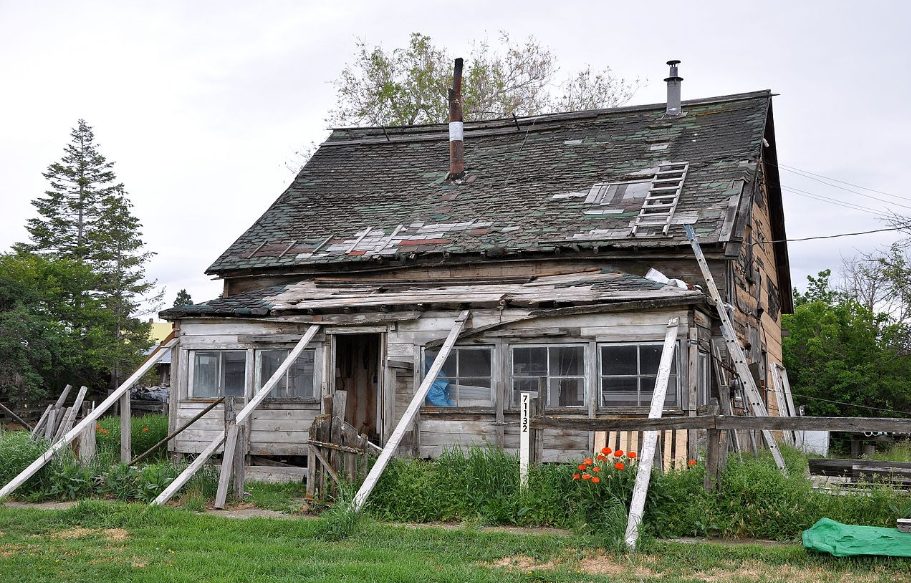When hiring a contractor for a residential or commercial construction or renovation project, there are many qualified, dependable contractors from which to choose. However, there is always the risk of hiring someone who will (1) do a poor job; (2) take much longer than expected; or (3) both. There are a few things you can do to try to avoid such contractors and several steps you should take once you discover the contractor you hired isn’t doing a good job.
Five Ways to Avoid Bad Contractors:
- Hire only a licensed contractor. If you hire an unlicensed contractor, you run the risk they do not have the requisite qualifications or education to complete the job. Even if an unlicensed contractor is capable of completing the job, all too often they don’t carry the proper insurance to protect you, your property, or their workers if things go wrong. In North Carolina, you can use this website to quickly search for a contractor’s license status.
- Consult online resources, such as Angie’s List, Yelp, or the Better Business Bureau. These websites contain sections with reviews and complaints so you can see others’ experiences with contractors in your area.
- Ask friends and neighbors for recommendations or about a specific contractor’s reputation in the community. You may actually discover information that people were hesitant to publish online for fear of retribution or because they are still in the midst of a conflict.
- Conduct brief litigation research. Many courts have online records or a way to check the litigation history of parties, including contractors, at the courthouse. If the contractor you are considering hiring has been involved in a number of lawsuits, especially if multiple judgments have been rendered against them, it may be wise to think twice before hiring them.
- Be on alert for red flags. If a prospective contractor is not responsive before you even sign a contract, it is a good indication that communication issues may be ahead. Similarly, if you don’t feel comfortable with the lack of information in their bid or contract, such as timeline estimates or project costs, do not sign anything until you are satisfied.
Six Steps to Take if You Hire a Bad Contractor:
Plenty of people have found reputable contractors and then run into problems down the road. If the contractor that you hired is doing a shoddy job or is taking an unreasonable amount of time beyond the contract specifications to finish a job, you may have a serious problem and should start taking steps to mitigate the damage and gather evidence in case you decide to file a lawsuit.
- Document the issues. Take pictures and videos of all of the problem areas and keep track of when they were taken. Keep a written log of the photos and a timeline of the progress, or lack thereof. If the contractor uses subpar materials, doesn’t fix a problem he caused, or claims he is finished, but the project looks unfinished, include it your documentation.
- Communicate in writing. Again, the more evidence, the better. Make copies of all letters you send to your contractor and the responses. Print out email exchanges and text messages. It is much easier to hold someone accountable when you have proof rather than engaging in a he-said/she-said type of argument.
- Contact the State Licensing Board. Most licensing boards provide a method for filing complaints online. If you are in North Carolina, you can submit a complaint by clicking here. The licensing board will then assign a field investigator to your case. The board will forward written notice of the complaint to the contractor for a response. After the investigator conducts a preliminary review of the complaint, he or she may gather additional evidence by inspecting the project and interviewing witnesses. The investigator will then determine whether to refer the case to the Board for a disciplinary hearing, after which, they have the power to revoke or suspend the contractor’s license, if appropriate. Even if the contractor is unlicensed, the Board is able to seek a permanent injunction against the contractor.
- Contact the contractor’s bonding company. If a contractor is bonded, it means that they have an agreement with the agent that issues the bond, usually an insurance company. The bond is basically a promise that the contractor will perform the services according to the contract and if they do not, then the property owner can contact the issuing agent and receive compensation.
- Consider Small Claims Court. If the issue is small enough, you may be able to resolve it in small claims court. In North Carolina, the dispute must involve an amount of less than $10,000. There is no jury and, usually, there are no attorneys either.
- Before firing your contractor, it is wise to hire an experienced construction law attorney. Construction law cases can be complicated especially if they involve multiple parties, such as contractors, subcontractors, laborers, and suppliers. Hiring an attorney can help you understand the legal options that are available to you before you potentially breach the contract.
For more information, please visit us at www.lindleylawoffice.com.




